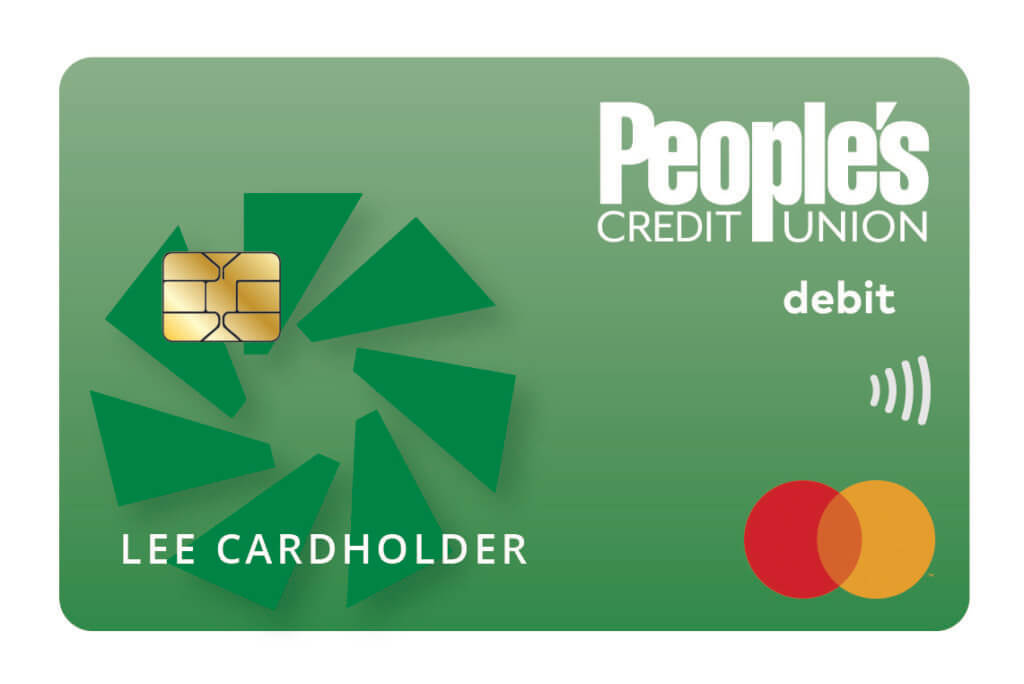
Social media platforms have become a popular and convenient way to discover new brands and products. However, an increasing number of scammers are using these platforms to create fake companies and peddle nonexistent merchandise.
What Is a Social Media Shopping Scam?
In this scam, dishonest people create fake online stores or profiles on popular social media platforms. They often steal logos, photos, and product descriptions from legitimate brands to appear authentic. These scammers might even interact with potential customers, answering questions and providing seemingly helpful information. However, their goal is to collect payment information and disappear without delivering the promised products.
Example of the Scam
Maria sees a sponsored ad on Instagram for a pair of sunglasses at 50% off. The ad features high-quality photos and links to a seemingly professional website. Maria follows the link and finds glowing reviews from other customers. Convinced it’s a legitimate company, she places an order using her credit card. However, weeks go by, and the sunglasses never arrive. When she tries to contact the company through its website or social media, she receives no response.
Tips for Protecting Yourself
- Research the company thoroughly. Before purchasing from a company you’ve found on social media, verify its legitimacy through its website, or by confirming a valid contact number and physical address.
- Be skeptical of deep discounts. If a price seems too good to be true, it probably is. Compare prices with other retailers to ensure the discount is reasonable.
- Inspect the website and social media profiles. Pay attention to the quality of the website and social media profiles. Look for inconsistencies, grammatical errors, and a lack of engagement from other users. These could be signs of a fake company.
- Use secure payment methods. Avoid paying for products through wire transfers or gift cards, as these methods offer no protection if you’re scammed. Opt for credit cards, which offer better fraud protection and the ability to dispute charges.
- Trust your instincts. If you feel something is off about a company or its products, trust your gut and don’t make the purchase.
If You’ve Been Scammed
- Contact us. If your account information has been compromised or if you believe you’ve mistakenly paid a scammer, let us know.
- Report the scam to the FTC. File a report with the Federal Trade Commission at ReportFraud.ftc.gov and your local law enforcement agency.
- Report the scam to your state attorney general. You can find their contact information at naag.org.
- Report to the social media platform. If you’ve been scammed through a social media platform, report the fake company or profile to the platform. This can help prevent others from falling victim.
- Contact Your Credit Card Company. If you paid with a credit card, dispute the charges and request a refund.
- Warn others. Share your experience online to warn others about the scam. Be sure to mention the name of the fake company and any social media accounts they use.
Contact us to learn more about safeguarding your financial information and securing your accounts. Our experts are here to help.
